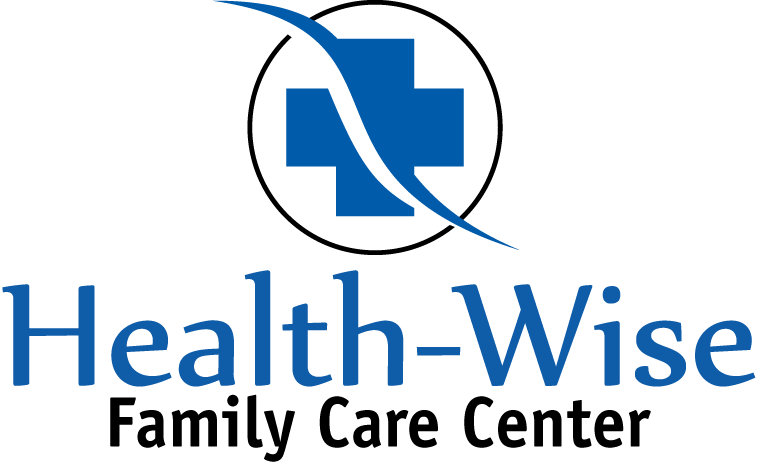Walk In Immunization Clinics
Immunization is the process that happens in the human body when a vaccination is received. Immunization prepares your immune system to fight off the diseases included in the vaccine. Many people use the word immunization interchangeably with vaccination, but they aren’t the same thing. If you are suffering from some disease then you should walk in immunization clinics.
TYPES OF IMMUNIZATIONS
There are a wide variety of immunizations available for painful, dangerous, and life-threatening diseases. Immunizations reduce the incidence of preventable diseases. This preventive approach keeps healthcare costs down and allows healthcare resources to focus more attention on people in need of care. Most importantly, it saves lives. Healthcare professionals have created a series of immunization charts to show when people should be vaccinated.
Walk In Immunization Clinics
Illnesses And Injuries Treated
Accidents, illnesses, and injuries can happen at any time. Fortunately, when they do, you can turn to receive immediate, high-quality medical care. Let us help you get appropriate medical care without the wait for an appointment with your physician or the long wait times typical of most hospital emergency rooms. Care clinics treat a wide range of non-life-threatening injuries and illnesses that require immediate attention. These include:
> Acute Pain and Injuries
> Asthma and Trouble Breathing
> Bee Stings, Insect Bites, and Allergic Reactions
> Colds, Flu, Fevers, and Viruses
> Dehydration
> Diabetic Issues
Urinary tract infections, or UTIs, are a common condition affecting all age groups. Although both men and women are susceptible, women are the most likely to experience a UTI. Most urinary tract infections are easily and effectively treated with antibiotics, but there are exceptions in which UTIs can become quite serious.
Immunizations demonstrate our commitment to being the health and wellness destination of choice. With flexible payment options and no appointments necessary, we're always here to help.
> Walk-ins welcome.1
> Flu shots available during regular pharmacy hours.
> Flu- no prescription needed for ages 7+.1
> Non-flu- no prescription needed for ages 14+.1
> H-E-B Pharmacists are certified immunizers.
> No charge for Medicare part B.
> Flexible spending account accepted.
Therefore, it is important to get an appropriate diagnosis and to follow any recommended treatment. If you are experiencing UTI symptoms, visit your our local care clinic any day of the week, with no appointment necessary. We will provide appropriate care to ensure that your UTI does not turn into a more-serious kidney infection.
WHAT IS A VACCINE?
A vaccine is a product administered to a patient to produce immunity from a disease. It contains dead or weakened organisms to produce a response in the immune system. Vaccines come in many forms, and exist for a variety of diseases. Vaccinations are sometimes called immunizations. The difference between a vaccination and an immunization is that the immunization is the actual process that goes on in the immune system after a vaccination.
WHY ARE VACCINES GOOD?
Vaccines protect from preventable diseases. Vaccines for children are especially important, as their immune systems are not as strong as those of adults’. As a preventative health measure, various vaccines are strongly recommended for school and many different occupations. Vaccine charts, also called immunization charts, are schedules developed by health organizations that indicate when people should be vaccinated.
The best way for children to receive their immunizations is with a doctor, as part of a regular health care visit. It is important to walk in immunization clinics for regular check-ups. The doctor can check on how your child is growing and make sure there are no hidden health problems.
Immunizations can save your child’s life
Because of advances in medical science, your child can be protected against more diseases than ever before. Some diseases that once injured or killed thousands of children, have been eliminated completely and others are close to extinction– primarily due to safe and effective vaccines. Polio is one example of the great impact that vaccines had have the most-feared disease, causing death and paralysis across the country, but today, thanks to vaccination, there are no reports of polio.
Vaccination is very safe and effective
Vaccines are only given to children after a long and careful review by scientists, doctors, and healthcare professionals. Vaccines will involve some discomfort and may cause pain, redness, or tenderness at the site of injection but this is minimal compared to the pain, discomfort, and trauma of the diseases these vaccines prevent. Serious side effects following vaccination, such as severe allergic reaction, are very rare. The disease-prevention benefits of getting vaccines are much greater than the possible side effects for almost all children.
Disease prevention is the key to public health. Vaccines work to protect infants, children and adults from illnesses and death caused by infectious diseases. Vaccines can help save lives by preventing diseases in the people who receive them and protect those people from those in the surrounding community who are unvaccinated, according to the immunization program.


